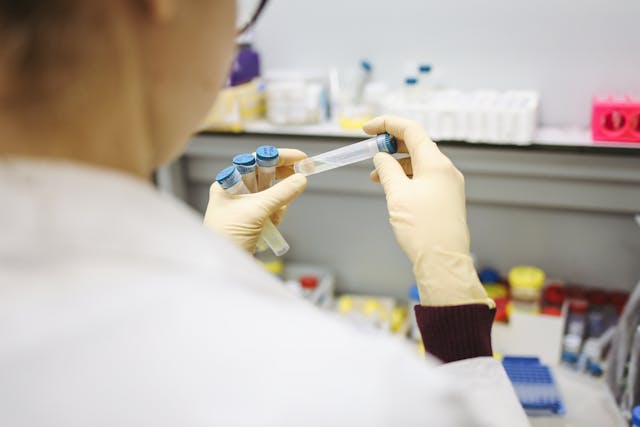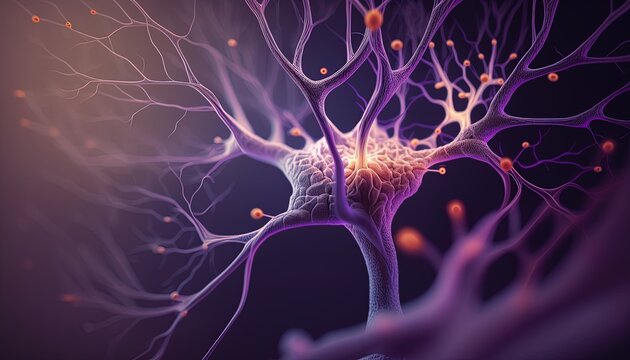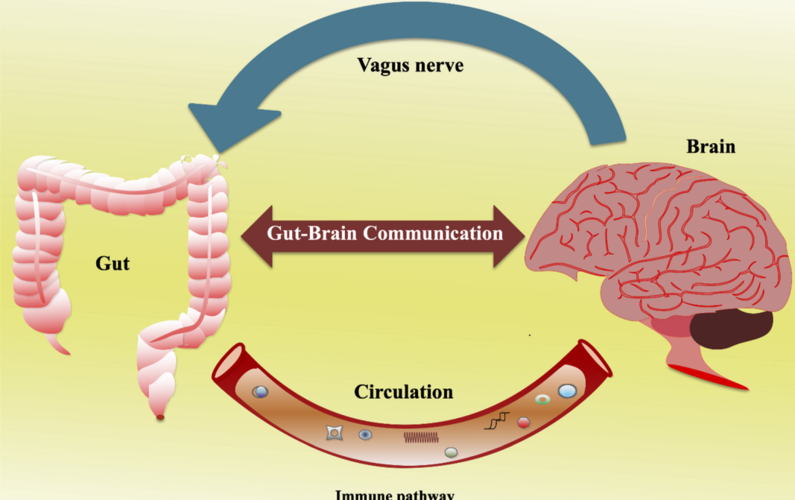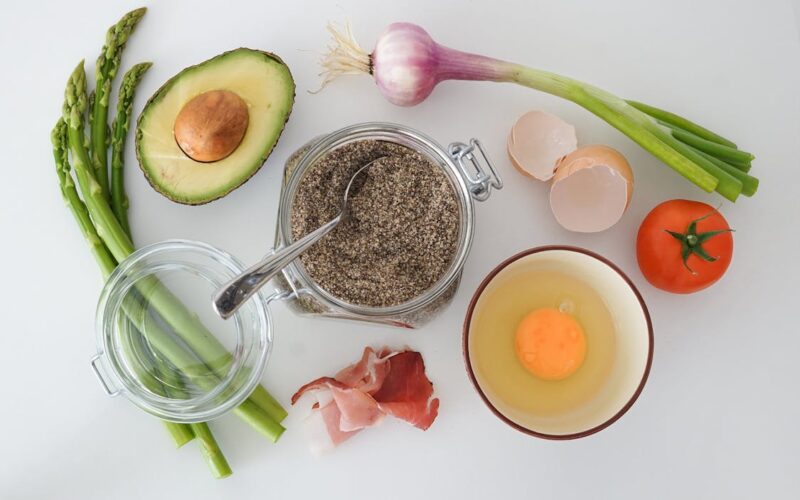Calprotectin Levels: A Key Indicator in Managing Ulcerative Colitis
In the ongoing battle against ulcerative colitis (UC), a chronic and often debilitating inflammatory bowel disease, medical researchers and clinicians are turning to an important biomarker in stool samples: calprotectin. This protein has emerged as a crucial tool in diagnosing, monitoring, and managing the disease, offering a non-invasive glimpse into intestinal inflammation that characterizes UC. The Role of Calprotectin in Ulcerative Colitis Calprotectin is a protein found in white blood cells and is a part of the body’s immune response to inflammation. When there is inflammation in the gastrointestinal tract, as seen in ulcerative colitis, calprotectin levels in the stool…










